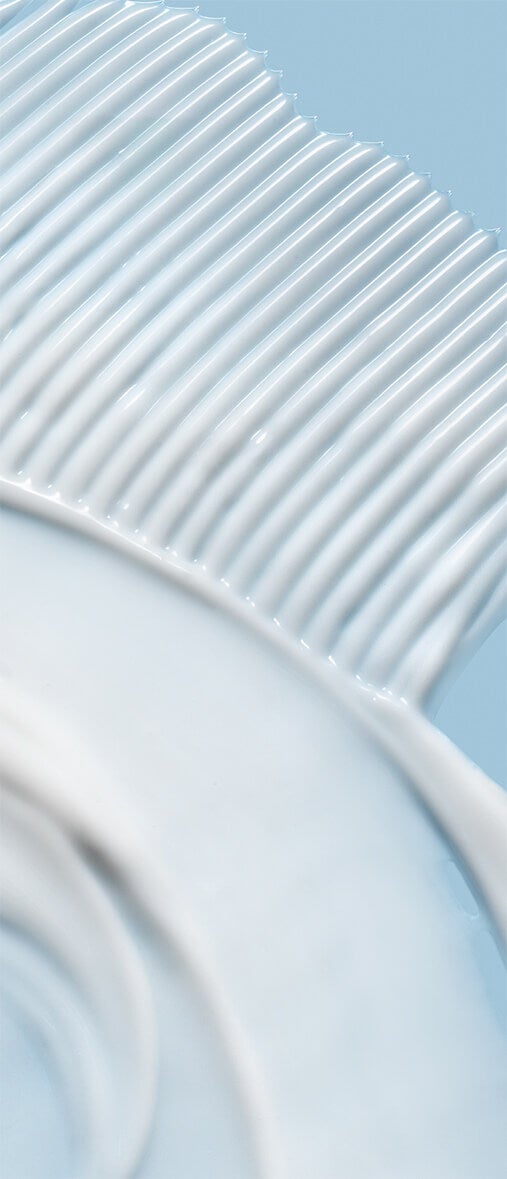Face Moisturiser
Refine Your Results By:
Price
Skin Type
Benefits
Key Ingredients
- Refine by Key Ingredients: Aloe
- Refine by Key Ingredients: Ceramides
- Refine by Key Ingredients: Hyaluronic Acid
- Refine by Key Ingredients: Jojoba Oil
- Refine by Key Ingredients: Niacinamide
- Refine by Key Ingredients: Peptides
- Refine by Key Ingredients: Salicylic Acid
- Refine by Key Ingredients: Shea Butter
- Refine by Key Ingredients: SPF
- Refine by Key Ingredients: Squalane
- Refine by Key Ingredients: Vitamin B3
- Refine by Key Ingredients: Vitamin E

Face Moisturizer FAQs:
What is moisturizer used for?
Hydrated skin is essential for a healthy complexion. Face moisture prevents skin from looking dull or ashy and it creates an effective base for even and long-lasting makeup application.
Moisturizers are the holy grails of skin care. In their most basic form, they create a barrier on the surface of your skin, locking in moisture and preventing skin from looking and feeling dry. They come in cream and lotion formulas.
Most moisturizers contain ingredients that enhance your particular skin type. For example, e.l.f.+ Mattifying Lotion for oily skin contains kaolin clay to battle oil and shine and tea tree oil to naturally clarify skin. For skin that’s normal or dry, try a hydrating moisturizer that contains peptides and hyaluronic acid to lock in moisture and improve skin texture while also protecting skin from UV damage. Our best moisturizer for acne prone skin contains salicylic acid and zinc PCA to treat and control blemishes and help prevent excess oil.
It's a good idea to pay attention to your skin throughout the year as it may change due to seasons and circumstances. For example, you may require a thick moisturizer in the winter as opposed to the summer. Or you may find yourself traveling a great deal and discover you need to swap out your lightweight lotion for a richer face cream to combat the dryness that occurs in arid airplane cabins.
Should I use moisturizer every day?
Yes, moisturizer should be part of your daily skin care routine. Morning and night, cleanse your skin thoroughly, apply a toner to remove any remaining traces of makeup and debris then apply your favorite skin serum, followed by eye cream and face moisturizer. In the morning, your final skin care step should be sunscreen, if you are using a moisturizer that isn’t already formulated with sunscreen.
Does moisturizer cause acne?
Heavy, oil-based moisturizing creams are not the best choice if you have acne, as they can clog your pores and cause blemishes to develop. However, all skin types need some type of moisture. If you have acne and you’re treating it with ingredients like benzoyl peroxide or salicylic acid, you may experience dryness. The key is to use lightweight, oil-free formulas that won’t clog pores. A water-based moisturizer like Blemish Breakthrough Acne Calming Water Cream is ideal. It contains ingredients that prevent blemishes and excess oil production and also soothes irritation and inflammation.
Should I apply sunscreen before or after moisturizer?
Some believe it’s important to apply sunscreen first to let the active agents penetrate into the skin. Others believe sunscreen should be the last step in your morning skin care routine. So here’s a thought! How about applying a light layer of sunscreen, followed by moisturizer and another light layer of sunscreen—to ensure maximum protection? Or you can simply opt for an SPF moisturizer that is already formulated with sunscreen. Choose one containing an SPF of 30 or higher to thoroughly protect your skin from sun exposure.
What is the best face moisturizer for my skin type?
Every skin type has different needs and might require you to use a face cream that is better suited for you! For dry skin, use a facial moisturizer that has hyaluronic acid to lock in moisture. Face creams infused with salicylic acid helps prevent and treat acne, so it’s great for acne-prone skin! For sensitive skin, we recommend using a moisturizer with a non-irritating formula and filled with soothing ingredients, like oat milk and niacinamide.



















